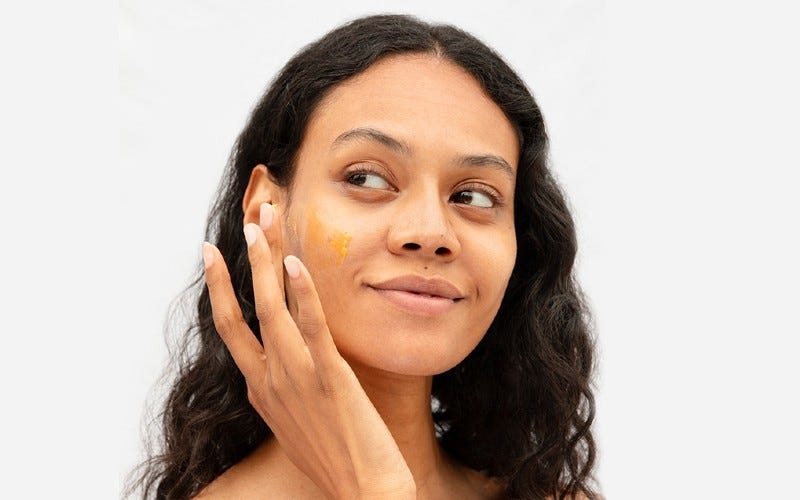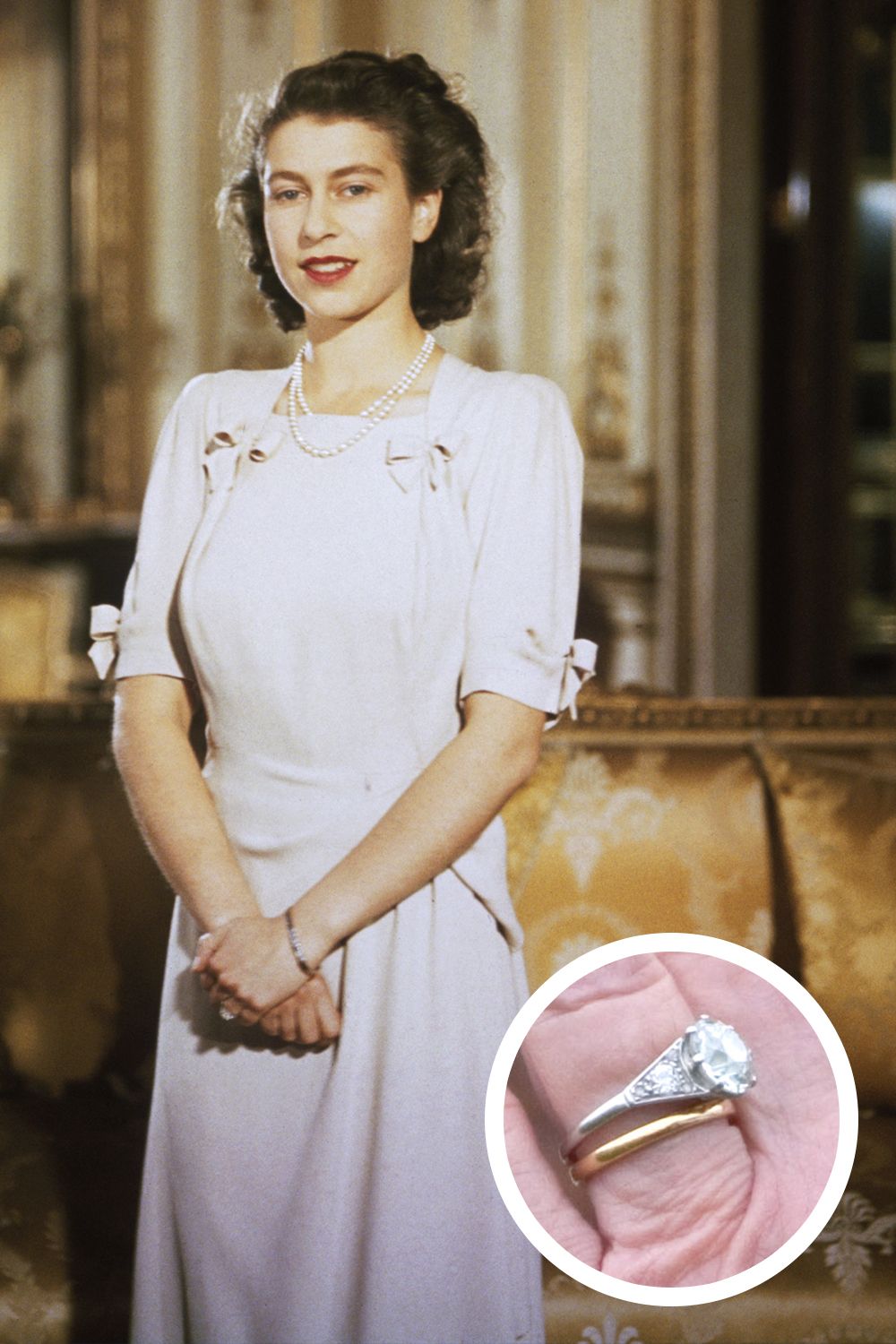Black and in Fashion, Representation in the Workforce
Click here to read the full article.
The killing of George Floyd at the hands of Minneapolis police sparked rage and largely peaceful coast-to-coast protests that have the nation grappling anew with the old ill of institutional racism.
Fashion — an industry keen to promote its own diversity, often in a self-congratulatory way — is also taking a fresh look at just how welcoming it is to the black community and how it can do better.
More from WWD
But for all of those efforts over many years, there continues to be a real divide at the very top of the corporate org chart, where the salaries are big and the faces remain mostly those of white men. There are black chief executive officers from A (Virgil Abloh) to Z (Jide Zeitlin), but very few in between.
In the broader workforce, statistics from last year show black or African-American representation is higher than average in some categories, such as shoe stores and department stores, but below average in other areas, including jewelry, luggage and leather goods stores. While parts of the country are starting to reopen now, many stores are still closed to slow the spread of COVID-19 and some will never reopen.
Still, even at retail, the vast majority of those black workers are sales staff, rather than at the executive level.
Here, some points of reference on fashion’s racial divide.
The C-suite — Black Ceo’s |
||
| Virgil Abloh | ceo | Off-White |
| Jeff Tweedy | president, ceo | Sean John |
| Jide Zeitlin | chairman, ceo | Tapestry Inc. |
The Workforce Break Down |
||
Representation of black or African-Americans in key sectors of the fashion business. |
||
| Total | Black or African-American | |
| U.S. population | 328.2 million | 13.4 percent |
| Overall workforce | 157.5 million | 12.3 percent |
| Retail | ||
| Electronic shopping | 556,000 | 23.4 percent |
| Shoe stores | 161,000 | 21.8 percent |
| Department stores and discount stores | 1.8 million | 18.9 percent |
| Clothing stores | 924,000 | 12.1 percent |
| Jewelry, luggage and leather goods stores | 172,000 | 8.5 percent |
| Wholesale | ||
| Apparel, piece goods, notions wholesalers | 92,000 | 6.8 percent |
| Services | ||
| Barber shops | 150,000 | 29 percent |
| Beauty salons | 1 million | 12 percent |
| Nail salons and other personal-care services | 600,000 | 6.2 percent |
| Manufacturing | ||
| Textiles, apparel, and leather manufacturing | 552,000 | 10.7 percent |
| Sources: Census Bureau (population figures as of July 2019), Bureau of Labor Statistics (industry figures, 2019) | ||






